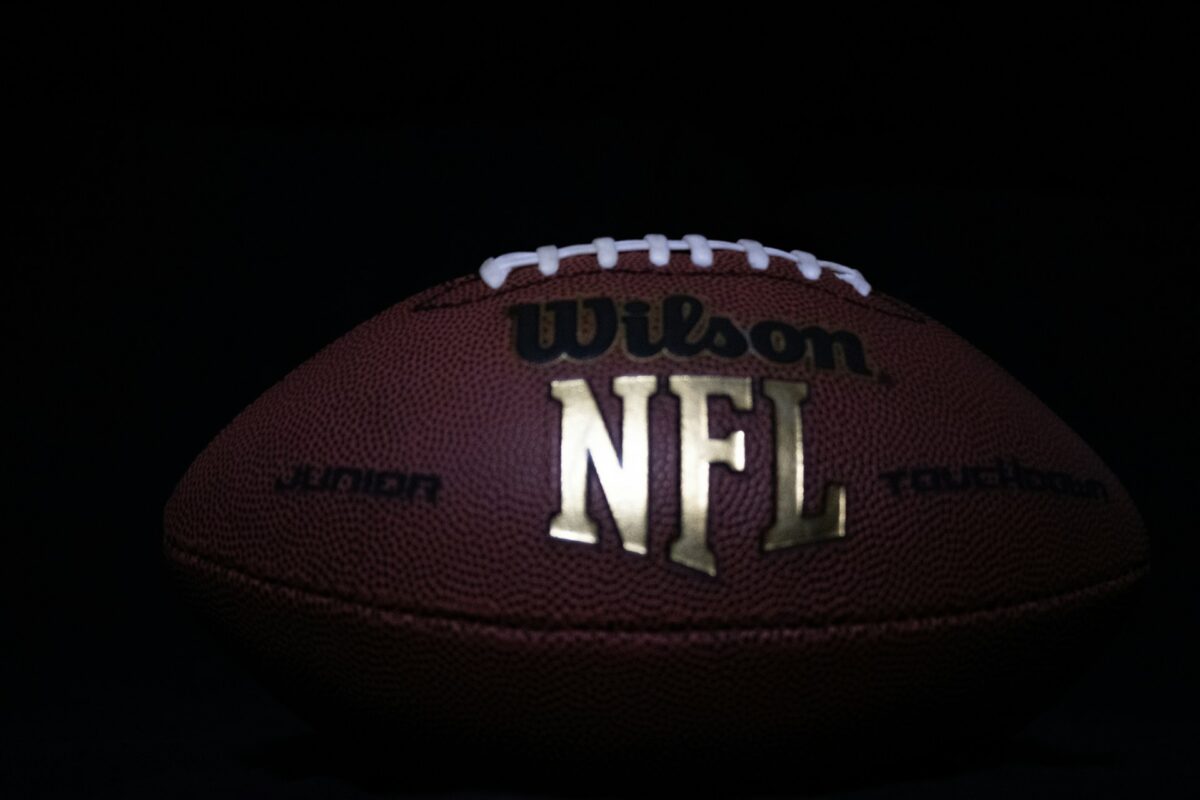The NFL is among the most physically demanding sports in the world. The game is fast-paced, violent, and requires a deep understanding of strategy. However, as the league continues to evolve, so too does the technology that enables teams, coaches, and analysts to make more informed decisions. It’s no longer just about who possesses the most dominant players in today’s NFL—it’s also about who can unlock the promise of data and artificial intelligence (AI) to get an advantage.
From wearable tech to analytics driven by AI, NFL teams are leveraging innovations that give them a competitive edge. This shift from traditional methods to data-driven ways has begun changing how the game is analyzed, played, and even bet on. Let us examine how these innovations are transforming the NFL’s dynamics.
Data Analytics: The New Playbook
Football used to be controlled by a mix of instinct, experience, and physical ability. While those elements are still vital, data now significantly influences the decisions of front offices, coaches, and analysts. Clubs are utilizing vast amounts of information—from game statistics to player performance data—to inform their game plans and scout potential players.
For example, through advanced data analysis, coaches can track how effectively an offensive line blocks for the quarterback in various situations, or how a running back performs in specific conditions, such as the second half of games or when the team is trailing. This level of analysis enables coaches to adjust their strategy based on performance trends, rather than relying on intuition or hunches.
By boiling down these statistics into valuable insights, data analytics not only influences game strategy but also plays a significant role in evaluating player performance. Teams can more accurately identify strengths and weaknesses, making more informed decisions regarding trades, contracts, and long-term development.
Artificial Intelligence: Enhancing Player Performance
Artificial Intelligence (AI) is a game-changer in the NFL. AI software is used to predict player performance, assess injury risk, and even recreate entire game scenarios. Such software is capable of processing and analyzing information at a scale and speed that far surpasses that of humans.
For example, AI can track a player’s movement patterns and detect aberrations in their form that may indicate a risk of injury. As soon as a player’s mechanics start to break down or they show signs of fatigue, AI-powered tools can alert trainers and coaches, allowing them to take preventive measures before an injury becomes serious. Such predictive capability can extend a player’s career and improve overall team performance.
Additionally, AI can sift through vast amounts of game footage and other data to help coaches make more informed decisions. Rather than manually watching hours of film, AI can highlight key moments, spot trends, and even suggest changes in real-time, during a game.
Being capable of leveraging AI for both strategic optimization and injury prevention is a giant leap for NFL clubs. As technology continues to advance, these systems will become increasingly integrated into day-to-day operations.
Making Data Work towards Smarter Bets: The Role of Expert Handicappers
As the NFL has increasingly accepted data-driven decision-making, so has the world of sports betting. Gone are the days when bettors would wager solely on the reputation of a team or on a gut feeling; now, they’re looking to professional handicappers who utilize data to make more accurate predictions. These handicappers, such as Scott Rickenbach, utilize decades of experience combined with extensive statistical analysis to assist bettors in making informed decisions.
Rickenbach, renowned for his methodical approach to handicapping, utilizes a combination of game statistics, historical trends, and player performance statistics to make predictions that go beyond the obvious. His recent switch from WagerTalk to Doc’s Sports has brought even more focus on the significant impact that data and expert analysis can have on betting outcomes. By understanding how to read the figures and utilize them to predict game results, Rickenbach embodies the power of modern, data-driven betting systems.
How Technology is Changing NFL Strategy and the Fan Experience
Technology’s influence on the NFL extends beyond betting and player performance. It’s also changing how teams engage with fans and how fans experience the game.
To begin with, NFL training now incorporates virtual reality (VR), allowing players to experience live-game scenarios without the physical wear and tear. VR training can be utilized to enable quarterbacks to practice reading defenses or let wide receivers run through routes, all while their bodies stay fresh.
On the fan side, technology has enhanced the viewing experience. With streaming services, fans can now watch games on the go, receive in-depth statistics, and even participate in virtual reality experiences where they can “stand” on the field. Social media and interactive apps also engage the fans in ways never before possible, allowing them to follow teams, track statistics, and receive insider content directly from their favorite players.
And let’s not forget the influence of technology on NFL betting. Fans would previously have bet on a hunch or through traditional bookmaking. Now, thanks to in-depth data analysis, bettors can place wagers based on up-to-the-minute statistics, injury reports, and trends, making NFL wagering more tactical than ever.
The Future of NFL Technology
So, where is all this technology headed? As AI, data analysis, and digital tools continue to evolve, they’ll become increasingly ubiquitous in every aspect of the NFL, from training and performance monitoring to game-day strategy and fan engagement.
There is also growing interest in using blockchain technology to log player information, which would further enhance the transparency and integrity of statistics. More intelligent wearable technology could provide real-time health monitoring for players, allowing them to stay on the pitch for longer and reduce the likelihood of injury.
However, as bright as the future looks, obstacles must be considered. The NFL will need to strike a balance between the increasing reliance on technology and the human element of the game. As teams and gamblers increasingly rely on data and AI, concerns about privacy, ethics, and overreliance on technology emerge. One thing is certain, though, and it is that the NFL has barely scratched the surface of what technology has to offer.
Conclusion: Embracing the Future of Football
The NFL is undergoing a significant transformation, with technology at the forefront. Whether it is using data to predict outcomes, AI to protect players, or digital platforms to enhance fan experience, technology is shaping the future of football like never before.
As tech continues to evolve, both teams and bettors will have increasingly more tools at their disposal to make wise choices. Experts like Scott Rickenbach, who utilize information and AI-generated insights, will continue to drive this revolution, enabling fans and bettors to stay ahead of the game.
So, whether you’re watching from the stands or placing your next bet, one thing is clear: the future of NFL football is here, and data powers it.




